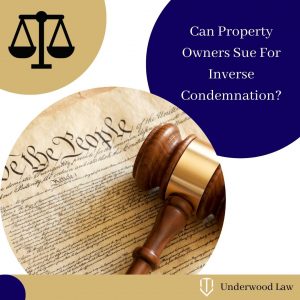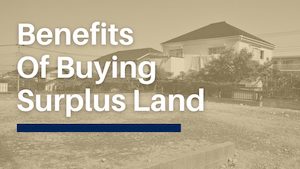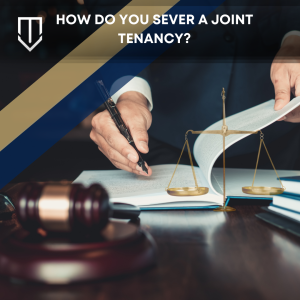 Joint tenancy is a special type of co-ownership recognized in California. It is commonly associated with married couples, ensuring that when one of them dies, their entire interest in the property passes to the other spouse. This is called the right of survivorship, and it is the defining trait of a joint tenancy.
Joint tenancy is a special type of co-ownership recognized in California. It is commonly associated with married couples, ensuring that when one of them dies, their entire interest in the property passes to the other spouse. This is called the right of survivorship, and it is the defining trait of a joint tenancy.
The right of survivorship, however, can be an uncomfortable concept for co-owners, particularly when those owners are not related and are merely business partners. For that reason, co-owners can attempt to sever the joint tenancy to extinguish the right of survivorship.
The Underwood Law Firm, P.C. is familiar with all types of cotenancies, including joint tenancies, and the various means of severing them under the law.
 California Partition Law Blog
California Partition Law Blog


 The deed to a property is the most important document a property owner has. It describes the title and its associated rights while operating as the grant of the property itself. But not all deeds are created equal.
The deed to a property is the most important document a property owner has. It describes the title and its associated rights while operating as the grant of the property itself. But not all deeds are created equal.  Co-owning property as
Co-owning property as 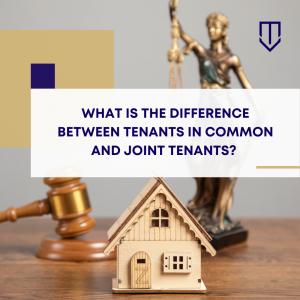 In California, most real estate is held either as marital property, as a tenancy in partnership, as
In California, most real estate is held either as marital property, as a tenancy in partnership, as 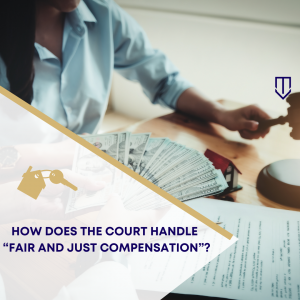
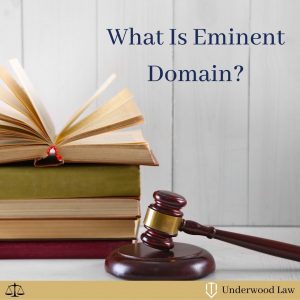 Pre-judgment interests are accrued interests on judgment amounts. Eminent domain is when the government “takes” private property for the public’s use and then owes fair and just compensation to the original private property owners. An eminent domain award is the court-ordered judgment amount that is based on the fair market value of the property owed to the private property owner.
Pre-judgment interests are accrued interests on judgment amounts. Eminent domain is when the government “takes” private property for the public’s use and then owes fair and just compensation to the original private property owners. An eminent domain award is the court-ordered judgment amount that is based on the fair market value of the property owed to the private property owner. 